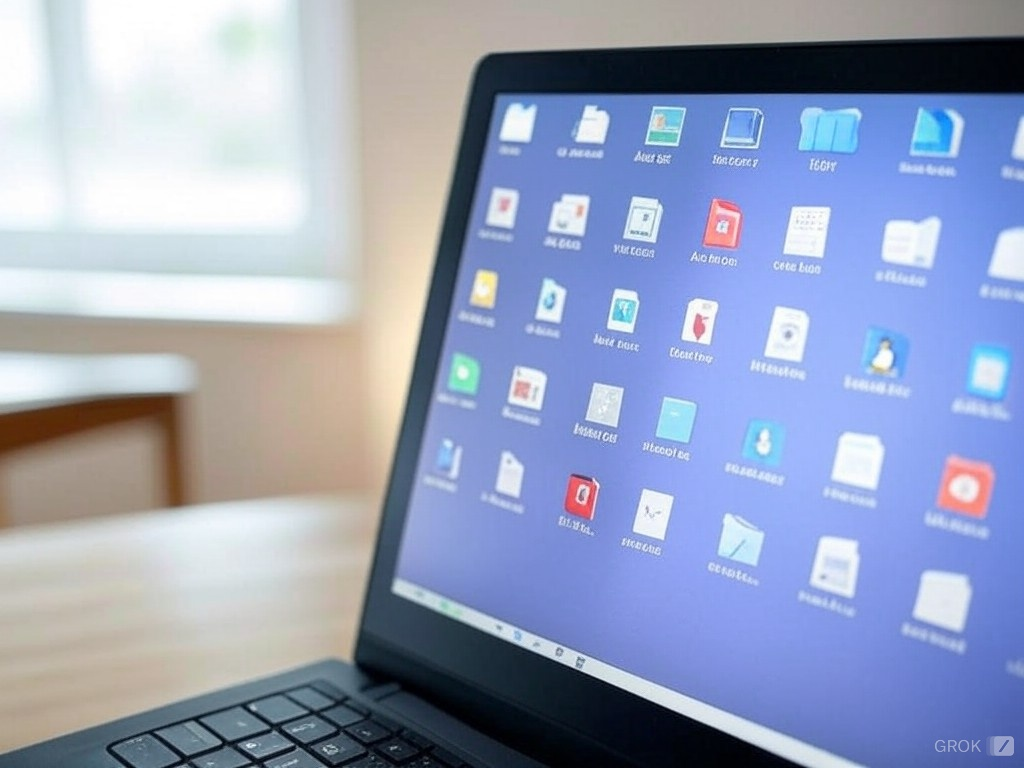في 2013 نيوزويك الجريدة الأمريكية العريقة توقفت عن النشر الورقي بعد 80 سنة من الوجود
فكيفما أعادت السيارة الحصان لحدائق الحيوان بعد آلاف السنين من الخدمة
سينقذ الأنترنت غابات الأمزون من الزوال و يعيدها للنمو من جديد.
هي ثورة رقمية بدأت منذ أن قرر الجيش الأمريكي الإستعانة بالحاسوب لحساب مسارات القنابل في الحرب العالمية الثانية بالإضافة للورق.
و كانت بداية تحرك المعلومات عبر الأسلاك لما رأى الأمريكيون أن الحرب النووية ستمحي كل وسائل الإتصال ففكرو في أربانت ،وسيلة لا تنقطع حتى و لو إنفجرت كل أمريكا نوويا.
و كانت إنطلاقة الأنترنت الفعلي عندما رأى مهندسون سويسريون إستعمال صفحات مكتوبة مصورة بدل الشاشة السوداء.
الأنترنت اليوم هو :
مواقع تجارية إشهارية أو شخصية ،مدونات ، مواقع للتواصلات الإجتماعية ، بريد إلكتروني، بنوك ،متاجر لكل السلع، مواقع تعليمية، مواقع ترفيهية، منتديات لكل الإتجاهات ، مواقع تحميل و رفع، مواقع تخزين معلومات، مواقع تجسسية، مواقع لمنظمات إجرامية، محركات بحثية ، مواقع تضم كل هذه التصانيف لكن الموقع الذي لا يضاهيه أي موقع على الإطلاق هو الموسوعات و منها الويكيبيديا التي هي موسوعة من أضخم الأعمال التي تشارك فيها بنو البشر في جمع المعرفة عبر تاريخ البشرية منذ بدأ على الإطلاق.
في ماي 2011 زار ويكيبيديا أكثر من 400 مليون أي ما يقارب نصف مليار زيارة حينها كانت تحتوي على أكثر 18 مليون مقالة ، مكتوبة بما يقارب 270 لغة لو لو أردنا طباعة ويكيبيديا يلزمنا 952 مجلد كالذي تقترحه موسوعة بريطانيكا الورقية
رغم كل هذا هناك من مازال يشكك في أن ويكيبيديا كموسوعة لها مستقبل في القريب أو البعيد و يأتي بديلل أن الدقة متدنية و جودة المقالات مهترئة.
لنتذكر أول سيارة خرجت من مصانع فورد أو رونو كيف كان شكلها أو كيف كانت سرعتها .
و هيا نعاين الإعلام "تلفزيونات و جرائد و راديو" كيف تهاوى بشيوع الأنترنت - كيف أن الفنانين إضمحلو بإنفجار عدد المغنين الهواة في الأم بي ثري و الرسامين بالفوتوشوب و مخرجين الأفلام في اليوتوب و الراديوهات في البودكاست
كل شيئ إنفجر؛ كيف يمكننا التكلم عن النشاط الجمعوي و ما تتيحه مواقع التواصل الإجتماعي هي تجعلنا نتكلم سياسة أحسن من الساسيين المحنكين و نتكلم ثقافة أكثر من المثقفين المشهورين
الأنترنت فجر سدودا من الطاقة المبدعة في كل المجالات و ليس شتاها كيف يمكننا أن نتجاهل القطاع المعرفي؛ فقد جاءت ويكيبيديا و العديد من المشاريع الأخرى كالتي أطلقتها ياهو و جوجل و الكثير في مجال جمع المعرفة؛ لكن أقواها و أشهرها يبقى من دون منازع ويكيبيديا
كيف نعترف بالثورة التي حصلت في كل المجالات و ننكرها في المجال المعرفي الموسوعي، كل المشاركين في ويكيبيديا بمقالاتهم لا بد و أن يكون لهم معرفة بالمقال الذي غيروه أو المعلومة التي وضعت.
هي التي ستكون لها الكلمة الأخيرة و هي تزداد دقتا بسرعة لوغارثمية، سر تطورها أنها تتيح لكل قارئ في أحد مقالاتها باي إضافة بدون تسجيل، و سيتكفل أي متطوع بمراجعته.
كل من لا يؤمن في الويكيبيديا عليه بقراءة الموسوعات في بداية القرن لا بل في الستينات و كم من خطأ سيجد ؟
مقالة وافرة عن كل الأمور التى تهملها الموسوعات لسبب أو لآخر (سياسي - حجمي - تجاري - ثقافي - أخلاقي) فقط في الموسوعة العربية يوجد ما لم يخطر ببال و ما لم يتصوره حتى جيمي ويلز مؤسس ويكيبيديا.
ويكيبيديا هي موسوعة مفتوحة و محمية من طرف المتطوعين الذين يعتنون بها كالنمل و مقالاتها لا تتسم بالثبوت و الجمود فهي في تطور تراكمي و تراجعي دائم نستطيع تخيل الظاهرة كمثل موجة البحر تأتي ثم ترجع تصحب معها رسوبيات و تسحب معها أخرى و الثقيل الثقيل يرسو. المثل الشائع في المغرب العربي يقول "ما يتبقى في الواديى إلا حجارته "
مهما حاول البعض تثبيت المعلومة الخاوية و تلميع الخبر الخاطئ فانه ينكشف بلا محالة هذا هو أيضا سر نجاح الويكيبيديا هي ثورة الحقيقة التي لا تقوى على تغطيها النوايا السوداء.
التركيبة التنظيمية التي تركز على العمل التطوعي فقط في ويكيبيديا تعطيها قدرة سريعة على التطور.
لكن في تكوين هيكلتها هناك من يحاول التغلغل داخلها بعدما خسر في منافستها من الخارج
لا يجب أن نتغافل أن الويكيبيديا كما أن لديها مؤيدين لديها أعداء و هؤلان نجدهم يحومون حولها للسيطرة علها؛ لديهم المال الكافي و لديهم الوقت اللازم و ما الإنتقادات حولها إلا بوادر هؤلاء المعارضين
الثورة متواصلة و متسارعة؛ فياترى كيف ستكون صورة العالم غدا بعد 5 سنوات بعد 10 سنوات ؛ عندما تقام أول كأس عالم في دولة عربية ؟





